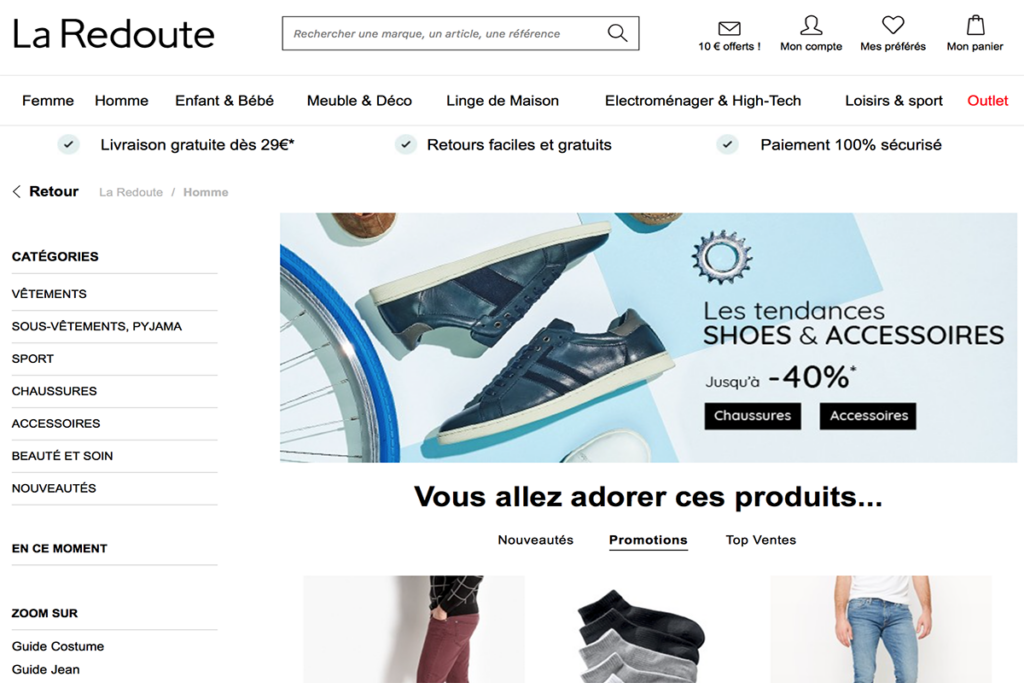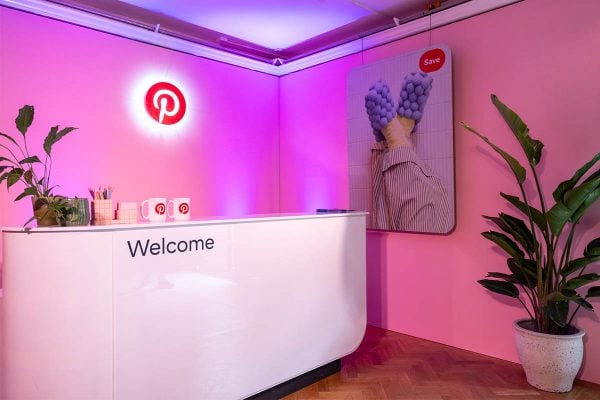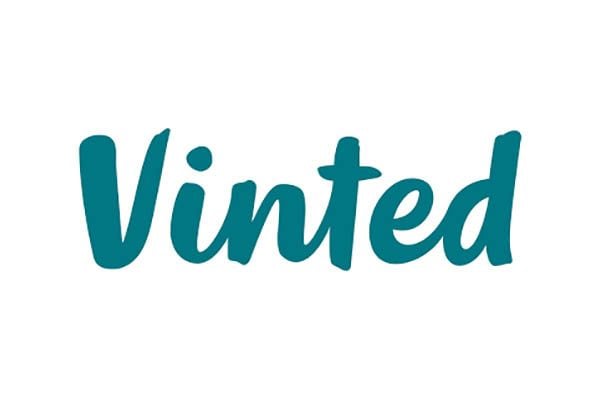One of the downsides of using a marketplace can be loss of control of price and brand identity – but La Redoute in France is looking to do things differently.
Its French marketplace is open for business for brands and other retailers and will even give them their own branded shop-front and marketing. However, in return, La Redoute has a very strict set of criteria for listing on its site as it aims to offer the benefits of a marketplace window into the French market, while curating the quality of what is on offer.
La Redoute is one of a growing number of curated marketplaces that are springing up that aim to bring the reach and trust of marketplace branding to consumers, but with an ethos of offering only the best of breed goods or those with the best complimentary fit.
In essence, they are aiming to not take on Amazon and eBay, but to leverage their own brand to help sell other good ‘goods’ that complement their own inventory and brand ideals.
In La Redoute’s case the company wants lastest collection fashions and homewares from protential partners, no end of lines, outlet goods or last season’s wares, but things that will add to and enhance its own range of goods that it offers to its discerning French customers.
In return, the retailer will help promote the brand and will even give partners their own ‘shop fronts’ on the La Redoute marketplace and help market them.
According to Carlos Cantoni, head of account management at La Redoute, retailers and brands need to think of the La Redoute marketplace not as a channel, but as a medium through which they can market and promote, as well as sell, their brand to a willing audience who are genuinely interested in what they have to offer.
“We are a curated marketplace – you can’t just sign up and start selling: we have to validate each business that comes and make sure it fits with La Redoute. We are going to build the business by selecting the people who work with us. And brands can be confident that they can grow their sales with us and that their brand will also be intact”
– Carlos Cantoni, head of account management, La Redoute
For retailers this is an interesting proposition, especially when looking to use La Redoute to enter the French fashion market. If you are lucky enough to be selected by the marketplace, then you get unfettered access to a will audience that is, to some extents, preselected for you. You get to sell your goods, at your prices with your brand, all while basking in the halo of the established and respected La Redoute brand.
This is a very attractive proposition for retailers and brands as it offers an almost seamless way to enter the French market with sales almost guaranteed.
However, it comes at a cost. La Redoute’s curation process is harsh and strict and there are many hoops through which prospective partners need to jump. For starters, La Redoute needs to see the value in letting you and your wares onto the marketplace in the first place. If you aren’t adding to what it sells then you aren’t going to get any further.
If you are selected to partner, then you have to make sure that your written and visual materials meet a set of exacting standards. Images have to be high quality and plentiful and all written content has to be in French – while La Redoute operates in 20 countries, the marketplace is France only right now. And that means written in French, not translated into French from Google translate.
Only when all of this is met will you be allowed on.
But it isn’t all just a Gallic exercise in making you sweat: meeting these standards makes you a suitable La Redoute partner and it means that you are several steps up the sales ladder when you do go live in front of customers. It also cuts back on returns, stresses Cantoni.
Getting the wording, imaging and messaging right from the get go will mean that people know what they are buying and will be less likely to return it, he avers.
All in all, La Redoute is doing a great job of selling the benefits of the curated marketplace. In an age where Amazon is being knocked by everyone – including the US president – creating a new marketplace model seems like a good idea. For some brands and some shoppers, what La Redoute is doing combines the best of both worlds and certainly in this case is an ideal way to enter the French fashion market online.
But we have been here before. Halfords ran a curated third party marketplace and has been forced to close it. Let’s hope that La Redoute’s rigour and the market in which it operates will see a different outcome.







